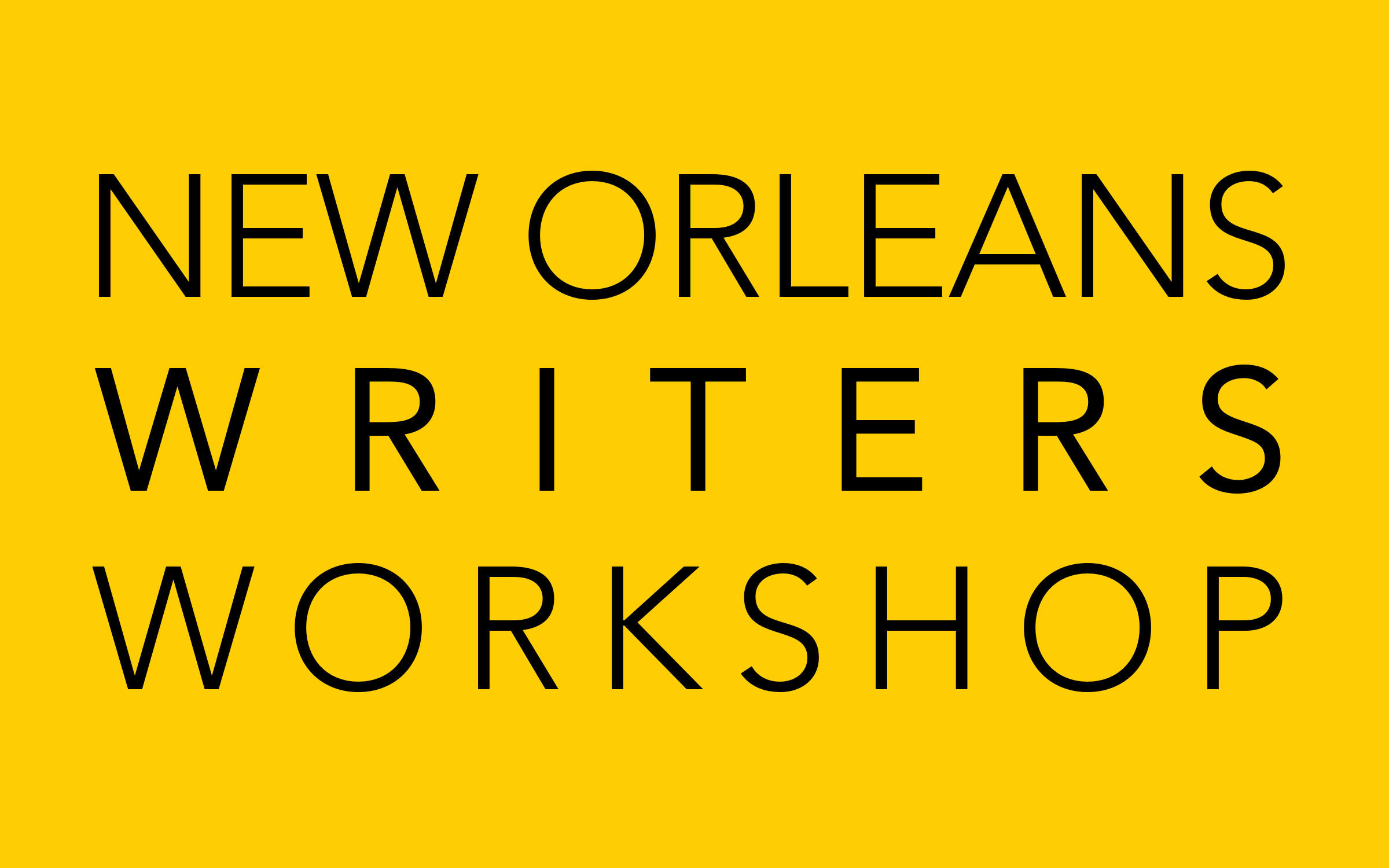Published November 14, 2024
In this week’s author interview, NOWW Creative Director Allison Alsup interviews Author Chin-Sun Lee about the publication of her first novel, her current project, and the often lonely, sometimes ecstatic journey of completing a novel and accompanying it out into the world. Chin-Sun’s class “So You’ve Started A Novel…Now What?” takes place on Saturday, December 7 from 1-4 PM CT at the NOCCA Foundation. Early Bird Sale ends November 15.
[“…in order to sustain my interest through what will be at least 3-4 years of drafting (about how long it took with both novels), a big project has to scare me a little. That incentive to figure out the puzzle is ammunition. ” – Chin-Sun Lee]
Allison: It’s been a year since the release of Upcountry. I’m curious about your experiences as a debut novelist. Any surprises or insights you’d like to share? Any particularly meaningful moments?
Chin-Sun: It’s been a real learning experience. Even prior to pub day, there’s so much to do in terms of marketing, hoping to build some buzz around the book’s launch, and then the swirl of the book tour, which is exciting but exhausting. With all that past me, I can finally reflect on the highs and lows of the past year. I have felt elation, deflation, envy, fomo, anxiety—you name it. At some point, I recognized that allowing disappointments or things I can’t control to consume me would be not only detrimental to my mental health but also ceaseless. It’s a tough business and that’s not going to change. So, I choose to focus on all the good things this debut has brought me: a readership, a broader literary community, teaching opportunities, residencies . . . just the fact that I was even able to publish my first book, with an imprint and editor I really respect. It didn’t end up in a drawer and I can honestly say right now I’m just grateful.
Allison: In having heard from a wider circle of readers and from listening to their responses to your work, what are you taking away from those collective conversations as a writer?
Chin-Sun: That has truly been the most rewarding part. No book is for everyone, mine included. But hearing directly from readers (especially those I don’t know!) that did love it and couldn’t stop reading, knowing its themes resonated and lingered in their minds—that is so validating. It just means so much.
Allison: Can you share a little about your current project? In what ways has this second novel either pushed your craft or proven a challenge?
Chin-Sun: “Soon You’ll Be Just Like Us” (currently on submission) is a speculative novel, set in a near-future Los Angeles, where a radical cult of Asian feminist activists terrorizes the beauty and wellness industries. It explores the relationship between the body and consciousness, feminism and patriarchy, and the ethics of reproductive cloning and climate survival under capitalism. This novel was quite challenging
because while I’ve read speculative and science fiction, writing into this genre was out of my comfort zone. But I’ve been obsessed with these themes for years, and I knew this novel had to be set in the future, with technology playing an important role. Also, frankly, in order to sustain my interest through what will be at least 3-4 years of drafting (about how long it took with both novels), a big project has to scare me a little. That incentive to figure out the puzzle is ammunition.
Allison: What do you hope writers take away from your upcoming workshop, “You’ve Started a Novel…Now What?” Why is this focus so important?
Chin-Sun: In drafting a novel, there’s usually a point (sometimes several) when you hit a wall and aren’t clear how to move forward, or whether you even should. But you’ve written several chapters and given time and work towards this draft; you’re invested and don’t want to give up. To that end, I look forward to sharing some generative as well as focus-geared approaches that have worked for me. My hope is that writers will leave the workshop with renewed confidence and the resilience to push through the challenging moments, trusting themselves and the process. It’s critical to develop this muscle of resilience—as critical as understanding all the elements of craft—because writing a novel can be a long and lonely practice. We need the tools to become our own champions.

